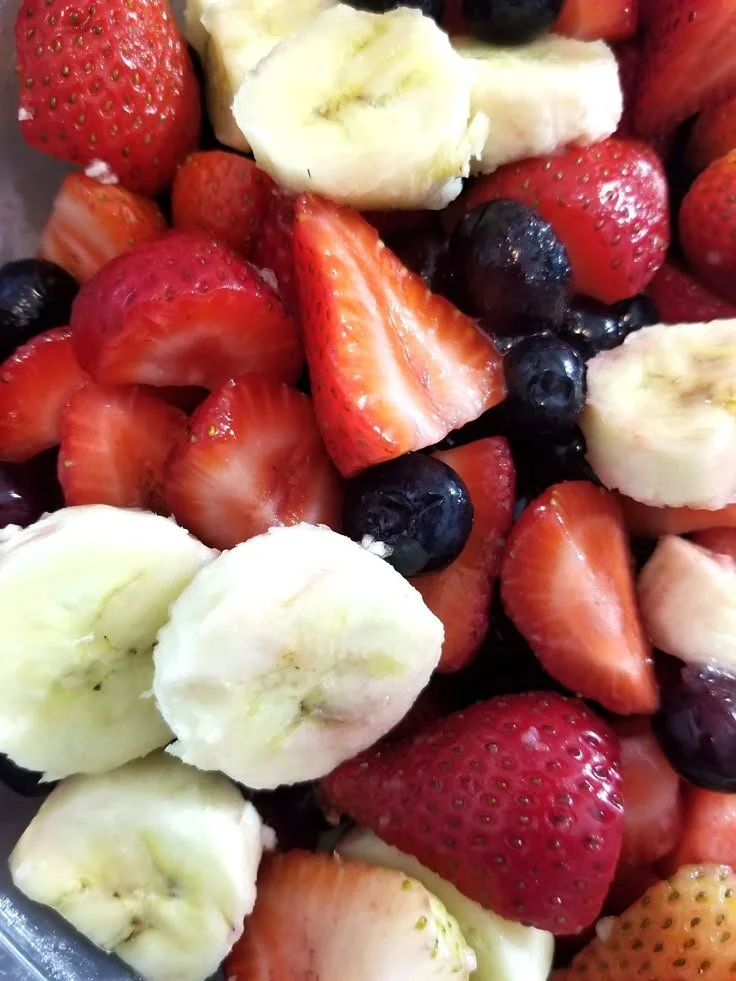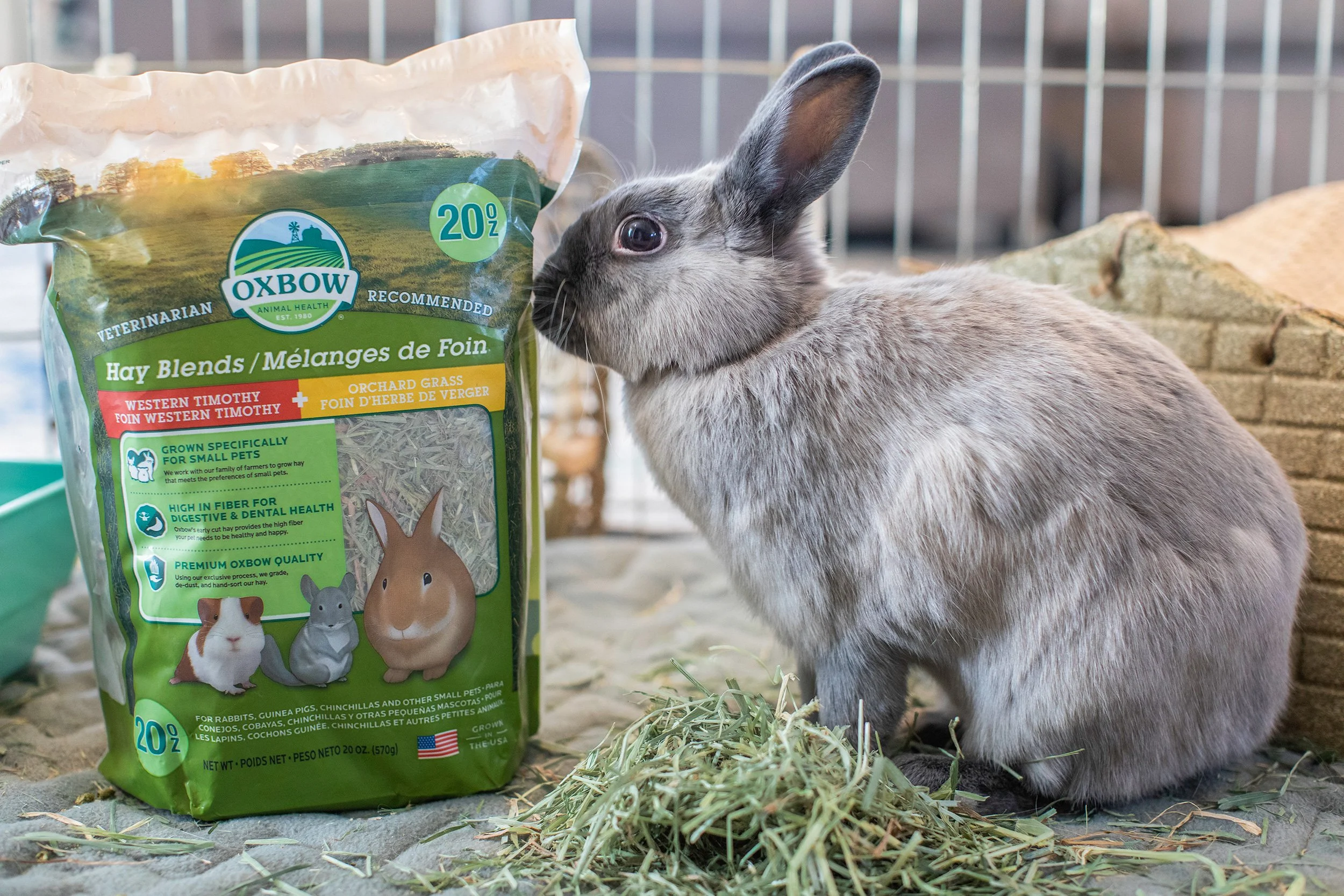
Healthy Bellies, Happy Binkies
Diet & Nutrition
-

Hay
80%
Essential for digestion and dental health.
-

Vegetables
10%
Packed with nutrients and hydration.
-

Pellets
5%
Good quality and fully nutritional
-

Treats
5%
Give rarely and in small amounts
Hay
Hay should make up 80–90% of your rabbit’s daily intake. It promotes healthy digestion and dental wear.
Types of Hay:
Timothy Hay – Best for adult rabbits; high in fiber
Orchard Grass – Softer texture; good for allergies
Meadow Hay – Mixed grasses; good variety
Oat Hay – Crunchier texture with seed heads
Alfalfa – High in calcium/protein; only for young, pregnant, or underweight rabbits
What to Feed & When:
Under 6 months: Alfalfa & Timothy mix
6 months and older: Timothy, Orchard, Meadow, Oat
Pregnant/Nursing: Alfalfa
Senior/Underweight: Timothy with added Alfalfa as needed
How to Feed:
Offer unlimited fresh hay at all times
Use a hay rack, bin, or place in/next to the litter box
Refresh daily to maintain cleanliness and appeal
Pellets
Pellets provide key nutrients but should be limited to about 5% of the diet to prevent weight gain and digestive problems.
What to Look For:
Timothy-based pellets for adult rabbits
Avoid mixes with seeds, colored bits, or added sugars
Trusted brands: Oxbow, Sherwood, Small Pet Select
What to Feed & When:
Under 6 months: Alfalfa based
6 months to 12 months: Transition to Timothy based
Over 1 year: Timothy based. Feed about 1/8 -1/4 cup per 5 to 6 lbs. of body weight
Adjust based on your rabbit’s weight and vet recommendations.
Vegetables
Fresh greens provide hydration, enrichment, and important nutrients.
Feed 1–2 cups of leafy greens per 5 lbs. of body weight. Rotate greens for balanced nutrition, and introduce new ones gradually. Watch for digestive issues like soft stool or gas. Limit high-calcium and high-oxalate greens, as they can affect calcium balance.
* = high in calcium
-
Parsley
Mustard Greens
Spinach*
Swiss Chard
Radish Tops
-
Romaine Lettuce
Green/Red Leaf Lettuce
Arugula
Bok Choy
Endive
Escarole
Carrot Tops
Kale*
Turnip Greens
Dandelion Greens
Basil
Cilantro
Dill
Mint
-
Should be no more than 15% of their diet, feed in moderation
Bell peppers (remove seeds & cap)
Carrots (high in sugar, feed as a treat only)
Cucumber
Summer Squash
Zucchini
Brussels Sprouts (may cause bloating or gas)
Treats
Treats should make up less than 5% of a rabbit’s diet.
When buying treats, always check the ingredients—avoid sugar, yogurt, seeds, and nuts. Choose reputable brands like Oxbow. Look for hay as one of the first ingredients. Treats should be limited.
Safe Options (in very small quantities)
Apple Slices (no seeds)
Banana
Strawberries
Blueberries
Unsweetened Dried Herbs
Avoid/Do not feed
Yogurt Drops
Seed or Nuts
Bread, Cereal, Crackers
Sugary or Processed food








